0 x item(s)
- 120MH004 Oxford Diecast Scammell Mechanical Horse Van Trailer
- GM3930203 Gaugemaster Minikit Box Trailer White
- LK219 Peco Stone Two Road Engine Shed Laser cut kit
- R40166A Hornby Mk4 Open Standard Coach D number 12427 in GNER
- 379-452 Graham Farish Curve Track 1st Radius 228.6mm
- OR25 Peco 4 Wheel Box Van Kit
- 42-036 Graham Farish Scenecraft Sectional Lineside Hut - Blue
- A50200 Airfix Space Shuttle Gift Set 1:144 Scale Kit
- 34-750 Bachmann Bulleid Corridor Composite 5771 SR
- SSMP210 Wills Crazy Paving Materials Pack
- 371-137TLSF Graham Farish Class 31 Refurbished 31407 Mainline
- 512 Ratio Skylights
- NR5005P Peco 9ft 5 Plank Open Wagon 738 - Teign Valley Granite
- NR2000B Peco BR Vanfit number B785609 in BR Bauxite
- 35-302Z Bachmann Class 37/0 Diesel 37 207 William Cookworthy
- 371-825ESF Graham Farish Class 47/0 Diesel Loco number D1601 -
- NR7009P Peco 9ft 7 Plank Open Wagon number 614 - Middleton
- GR558C Peco Bug Box Coach - number 5 - 1970s 1980s livery
- K2600-30 D600 Class 41 Warship Diesel retaining clip
- PN936 Metcalfe Settle/Carlisle Goods Shed
- PKTM01622 Trumpeter CH-47D Chinook Kit
- GM215 Gaugemaster Point and Crossing Brown Ballast Underlay Kit
- A68206 WSL Supermarine Spitfire Mk1a Promotional Gift Set
- PN933 Metcalfe Settle/Carlisle Railway Station
- PS371 Peco Track Bed Weathering Kit - Diesel
- 0434 Slaters Plastikard 4mm Planking
- KMR-310A Rapido Class 16XX Steam Locomotive number 1638
- 42-0202 Graham Farish Scenecraft Low Relief Concrete Housing
- 76ALL003 Oxford Diecast Austin Allegro Estate - Harvest Gold
- GJ03 Ratio LNWR Grand Junction Station Building Components
- R30382 WSL Hornby Railroad Class 47 Doncaster Enterprise 47 522
- 1005 Slaters Plastikard Microstrip White
- R7122 Hornby Sheep
- PS370 Peco Track Bed Weathering Kit - Steam
- 257 KS Metals Aluminium Sheet
- PN972 Metcalfe Low Relief Pub & Shops
- SLE197 Peco Small Radius Turnout Y Electrofrog Code 75
- A04021 Airfix Bristol Beaufort Mk.1
A04021 Airfix Bristol Beaufort Mk.1
A04021 Airfix Bristol Beaufort Mk.1.
The second in a successful trio of twin engined aircraft designed by the Bristol Aeroplane Company during the 1930s, the Beaufort is significant as the only monoplane produced for the Royal Air Force designed from the outset as a torpedo bomber and reconnaissance platform. Developed from the Blenheim light bomber, the Beaufort was ordered off the drawing board by the Air Ministry, a move which showed great faith in the Bristol Company, whilst at the same time illustrating the RAFs urgent need for an effective torpedo bomber. Although initially intended as an evolutionary adaptation of the existing Blenheim bomber, it quickly became apparent that the new aircraft would look significantly different from its predecessor, with a much deeper front fuselage section housing a crew of four and the ability to carry a torpedo in a semi-recessed configuration. These modifications resulted in a gross weight increase of around 25% over that of the Blenheim and would require the installation of more powerful engines, if the new aircraft was not to suffer a significant performance reduction indeed, the new engines for the aircraft, combined with the existing production commitments for the Blenheim would cause lengthy delays during the Beauforts development. With the initial contract placed in August 1936, despite the pressing need for the new aircraft, it would be more than two years before the prototype Beaufort took to the air. Entering Royal Air Force service with No.22 Squadron Coastal Command in January 1940, the Beaufort proved to be a rugged and highly manoeuvrable aircraft, although the engines continued to be something of a problem. Initially employed laying mines in enemy waters, Beauforts would later mount attacks against the German battleships Scharnhorst and Gneisenau and the heavy cruiser Prinz Eugen, however, in the European theatre, the aircraft would operate in the main as a medium bomber. In the Mediterranean, Beauforts operating from Egypt and Malta would take a terrible toll of Axis shipping and during a concerted onslaught from the middle of 1942, would make a significant contribution in denying Rommels Afrika Korps the vital supplies they needed to continue fighting the desert war. Due to the weight of the aircraft, a steep diving approach was not suitable for the Beaufort and a torpedo attack run needed to commence at a relatively low, flat attitude and quite some way from the target, if the torpedo release was to be successful and not hit the water ineffectively at a steep angle. This made the aircraft vulnerable to accurate defensive fire, however, Beaufort pilots were brave and aggressive in their flying, using the excellent manoeuvrability of the aircraft to make the enemy gunners job much more difficult. Further afield, Beauforts of the Royal Australian Air Force would also prove extremely effective in the South-West Pacific, taking a heavy toll of Japanese shipping and posting an impressive operational record in the process. Also employed in bombing, reconnaissance, convoy protection and troop resupply duties, the 700 Beauforts produced in Australia were regarded as some of the most reliable Allied aircraft to operate in these often demanding environments and were well-liked by both air and ground crews. Eventually equipping 19 RAAF Squadrons, the Beaufort was described as being perhaps the most important Allied aircraft in defeating Japanese forces in the South West Pacific region, which is some accolade for an aircraft whose contribution has largely been overlooked in the years since the end of WWII.
Tech Specs
- Item Length - Without Packaging (cm) 18.6
- Item Height - Without Packaging (cm) 6.08
- Item Width - Without Packaging (cm) 24.4
- How many pieces will be found in the box opened by the customer? 159
- Item Scale 1:72 Scale
- BAE SYSTEMS is a registered trade mark of BAE Systems plc.
- Contents - Sprues & decals
- Finish - Plastic
- Number of Scheme options - 2
- Skill Level - 2
- Wingspan (mm) - 244
-
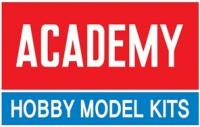
Academy Models
-

Accurascale
-

AFV Club
-

AIP by Bachmann
-

Airfix
-

Arnold
-

ATD Models
-

Auhagen
-

Bachmann
-

Bachmann Narrow Gauge
-
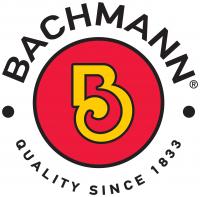
Bachmann USA
-
Barrie Stevenson
-

Bassett-Lowke
-

Berko
-

Busch
-

Cambrian
-

Clark Railworks
-

Corgi
-

Cornerstone
-

Dapol
-

DCC Concepts
-

Deluxe Materials
-

Dundas
-
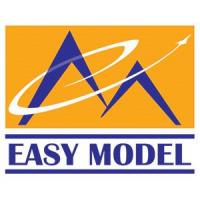
Easy Model
-

Eckon
-

EFE Rail
-

EFE Road
-

Emhar
-

ESU
-
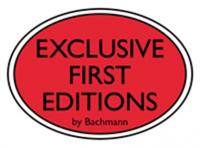
Exclusive First Editions
-

Faller
-

Fleischmann
-
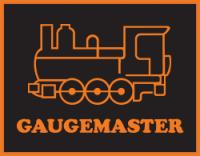
Gaugemaster
-

Gecko Models
-

Golden Valley Hobbies
-

Graham Farish
-

Greenlight Collectibles
-

Heljan
-
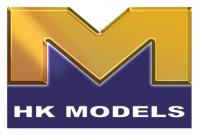
HK Models
-

Hornby
-

Hornby International
-

Hornby TT:120
-

Humbrol
-
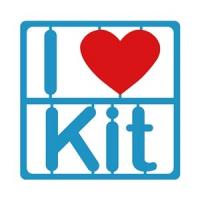
I Love Kit
-

Jouef
-

K&S Metals
-

Kadee
-

Kato
-
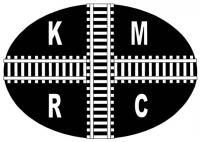
Kernow Models
-
Kestrel
-

Kibri
-

Lenz Digital
-
LightCraft
-

Liliput
-
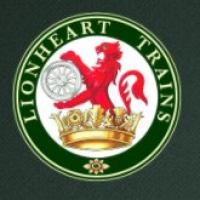
Lionheart Trains
-

Merit
-

Metcalfe
-

Middleton Press
-

Mirror Models
-
Miscellaneous
-

model scene
-

ModelMaker
-

Murphy Models
-

Noch
-

Oxford Diecast
-
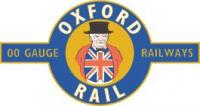
Oxford Rail
-

Parkside by Peco
-

PECO
-

Plastruct
-
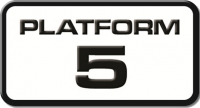
Platform 5
-

PM Model
-

Preiser
-

Proses
-
RailMatch
-
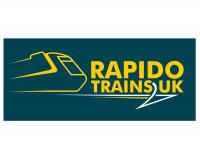
Rapido
-
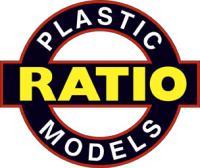
Ratio
-

Revell
-

Revolution Trains
-

Rivarossi
-

Roco
-
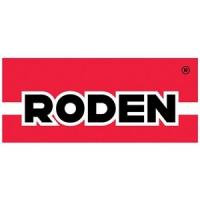
Roden
-

Scale Model Scenery
-

Scalextric
-
Shawplan
-

Slaters
-
Smiths
-

Springside
-
Star Tec
-
Strathwood
-

Superquick
-

Takom
-
Taliesin
-
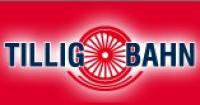
Tillig
-
Tiny Signs
-

Toyway
-
Tracksetta
-

Train-Tech
-

TrainSave
-
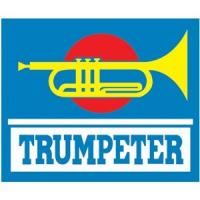
Trumpeter
-

Viessmann
-

Vollmer
-

Wills
-

Woodland Scenics
-

Xuron
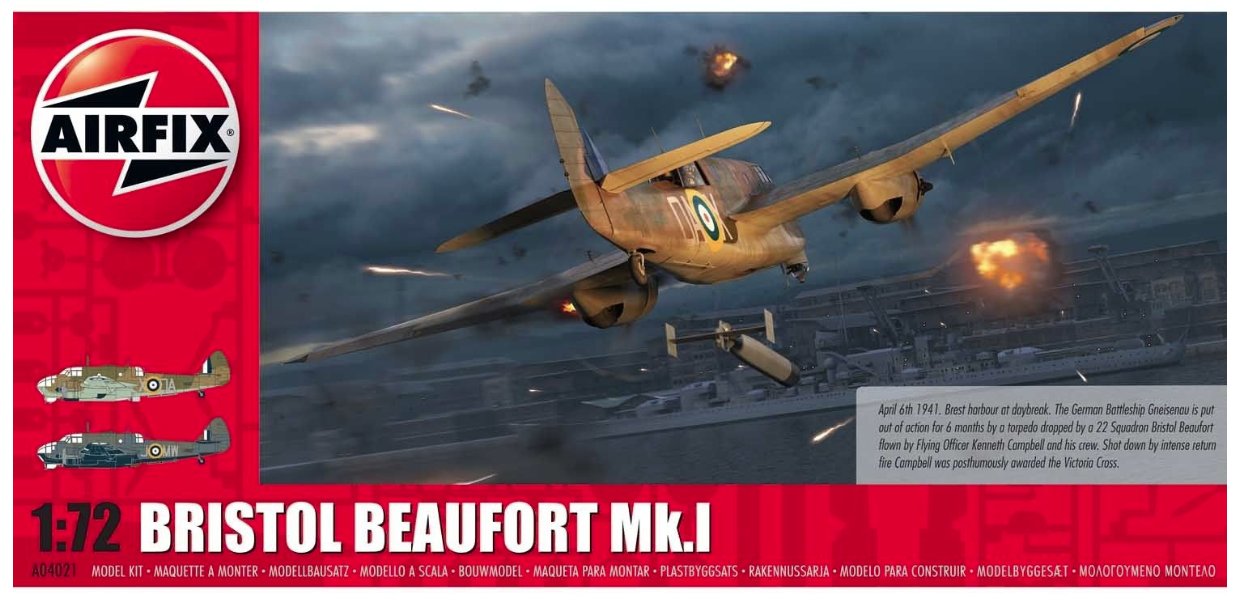
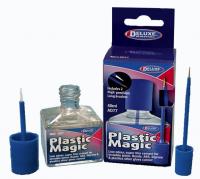

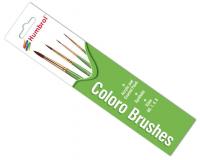
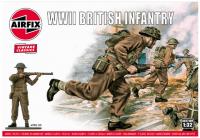

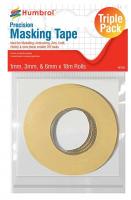

Connect with us socially

